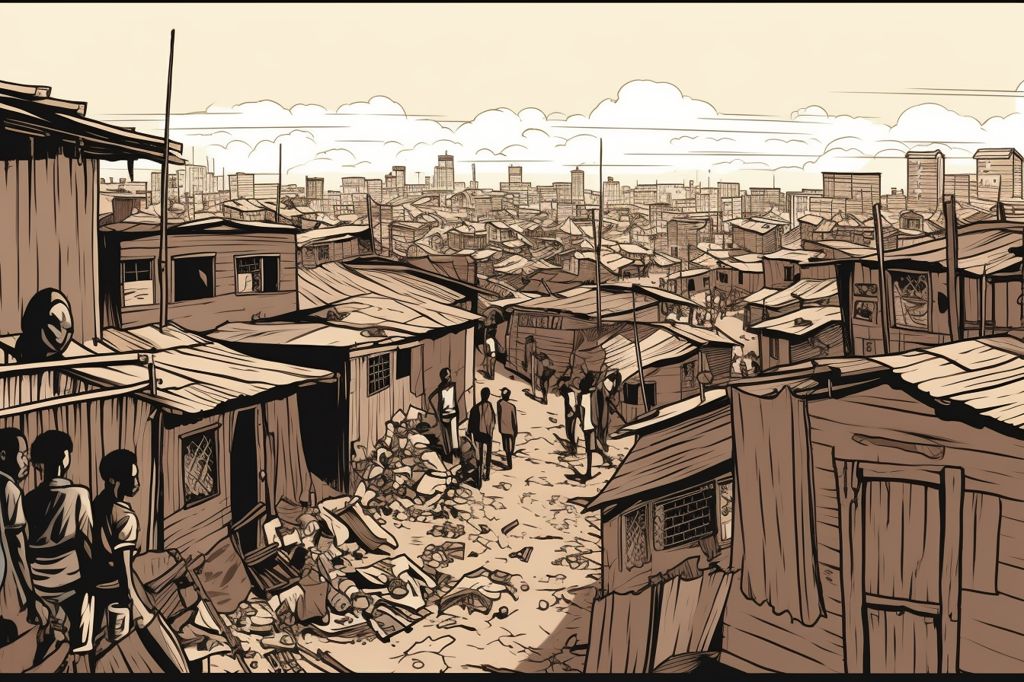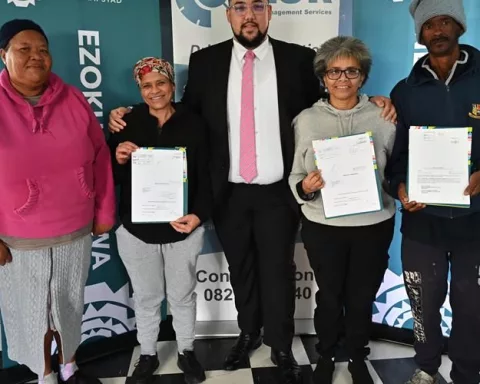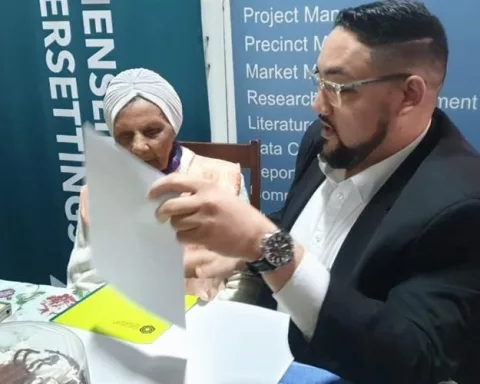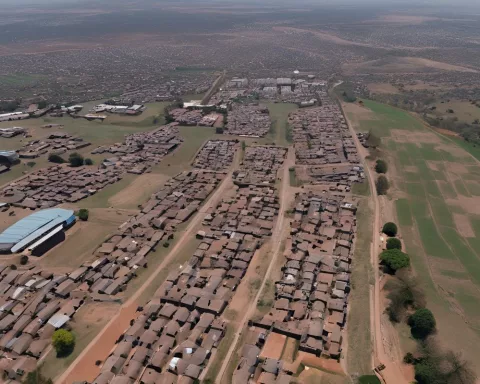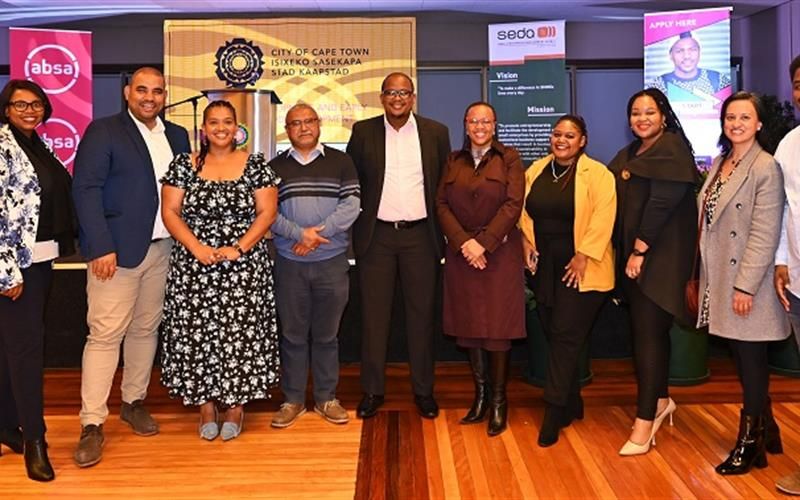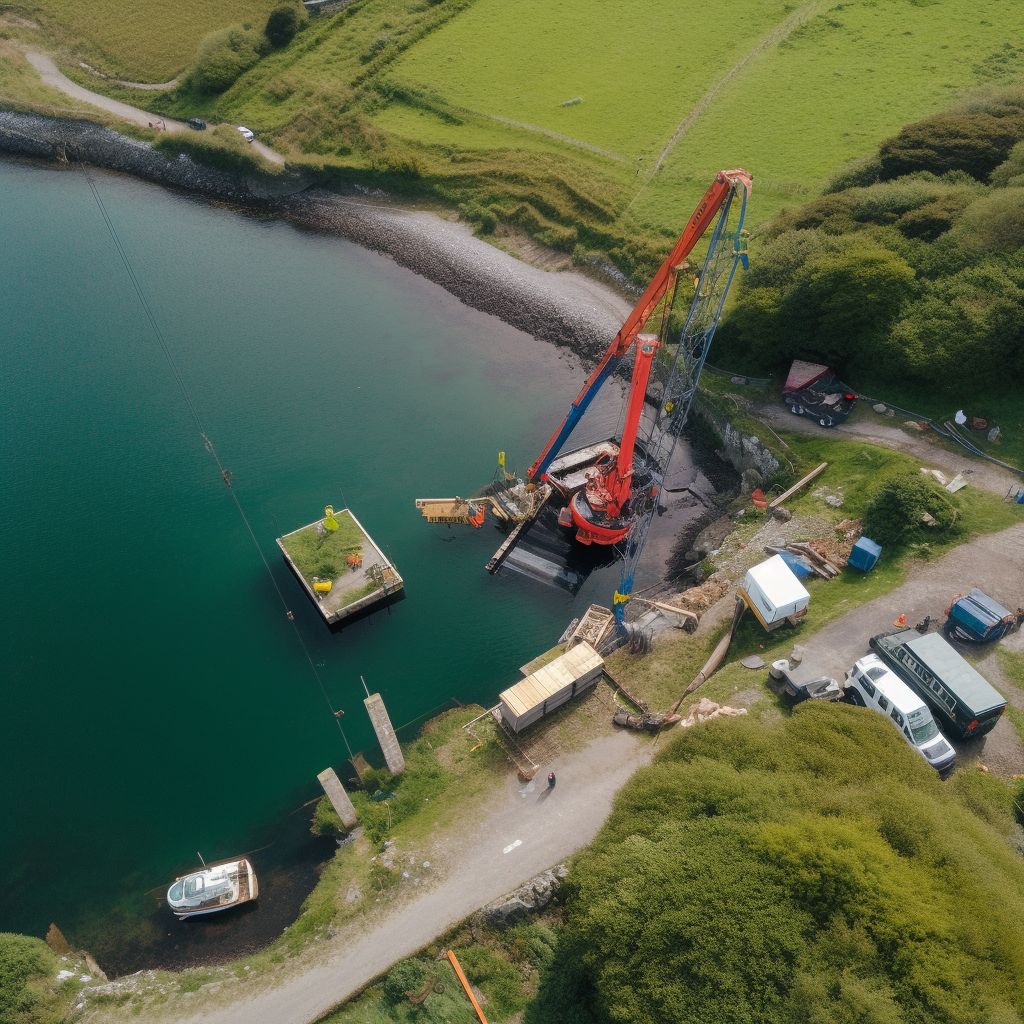The high demand for housing in Soweto has resulted in a backlog in title deeds and home allocations, forcing many people to live in informal settlements. As the area experiences an influx of people looking for work and housing, Minister Mmamoloko Kubayi is calling for collaboration between the government and Soweto residents to address the challenges in the human settlements sector.
Government Working to Address Housing Backlog
Minister Kubayi and her counterparts in the human settlements sector are working to address the backlog and ensure that everyone has access to decent and affordable housing. The government is using various subsidy options to assist those who earn between R3500 and R22000 per month, as well as specific interventions for backyard dwellers.
Combatting Fraudulent Activities
One of the challenges highlighted by the Minister during the Imbizo and Service Fair was the sale and renting of government-subsidised homes to illegal foreigners. Criminals are using fake social media accounts, government or departmental logos, or impersonating political figures to trick people into buying or renting these homes. The Minister urged the community to report these criminals to law enforcement authorities and work with the government to prevent such fraudulent activities.
Upgrading Informal Settlements and Assisting the Missing Middle
In addition to addressing the housing backlog, the government is committed to upgrading informal settlements and assisting the missing middle to buy or build houses. The department’s 2023/2024 Budget Vote will provide details on these priorities and the budget allocation for the current financial year.
Successful Imbizo and Service Fair
The Soweto Imbizo and Service Fair was successful in closing communication gaps between the community and the human settlements sector. The Minister’s call for collaboration and the government’s commitment to providing sustainable human settlements indicate that progress is being made in addressing the housing challenges in Soweto and other parts of Gauteng.

